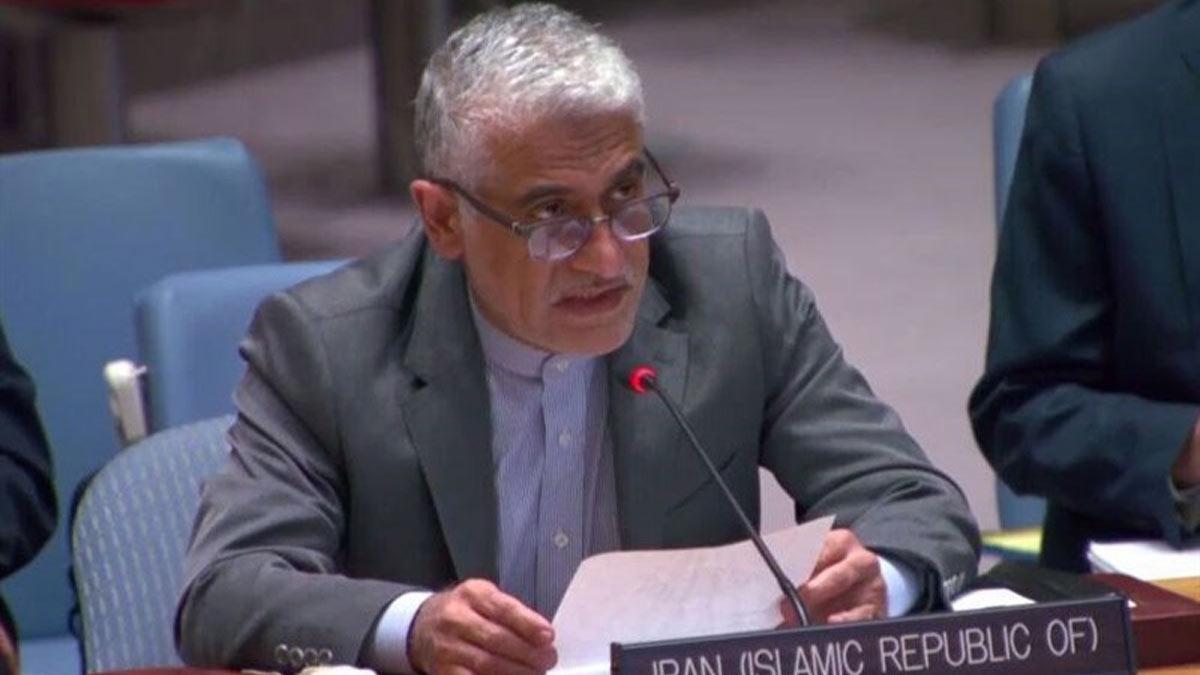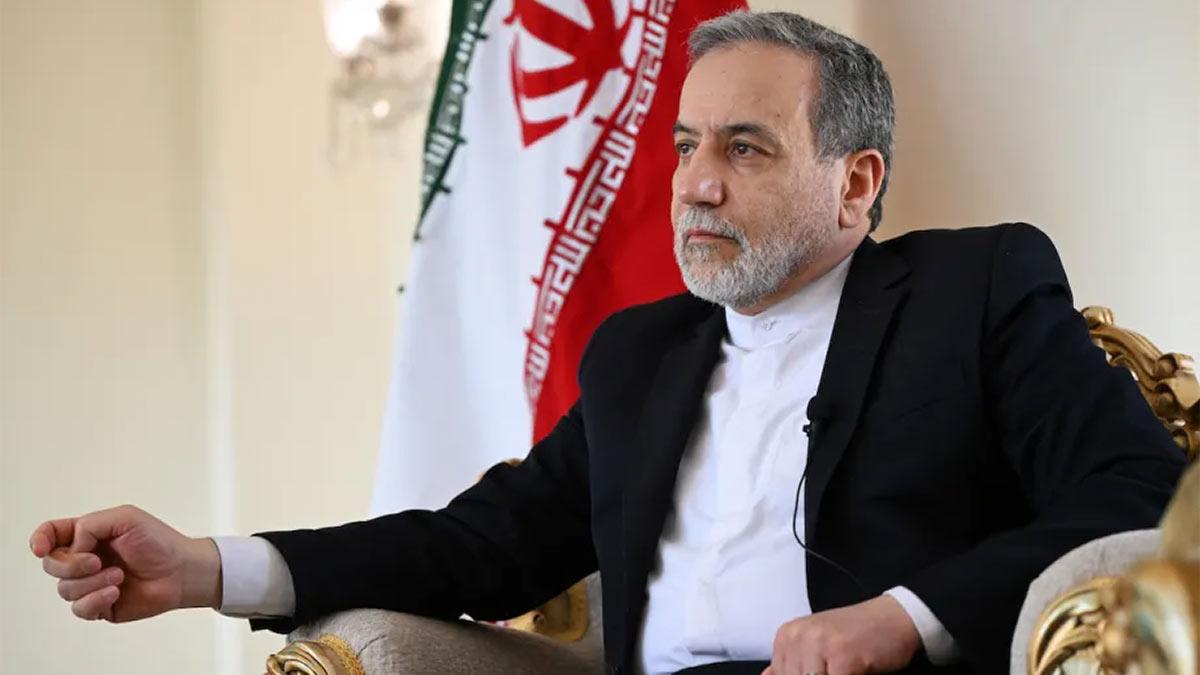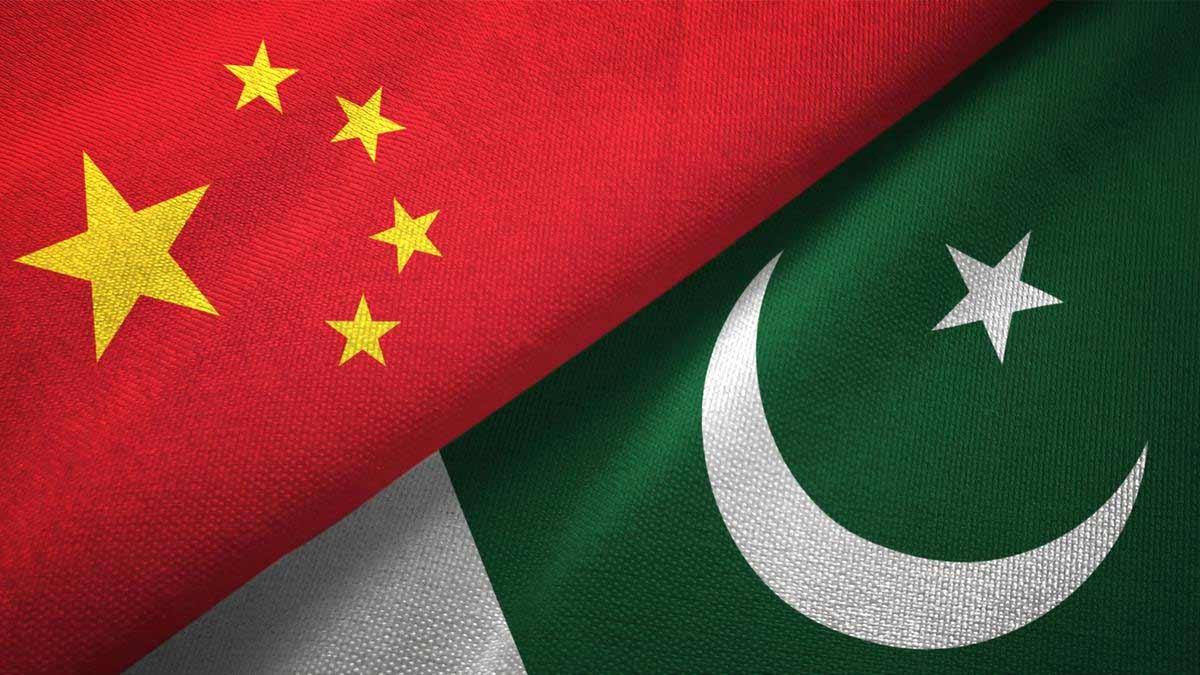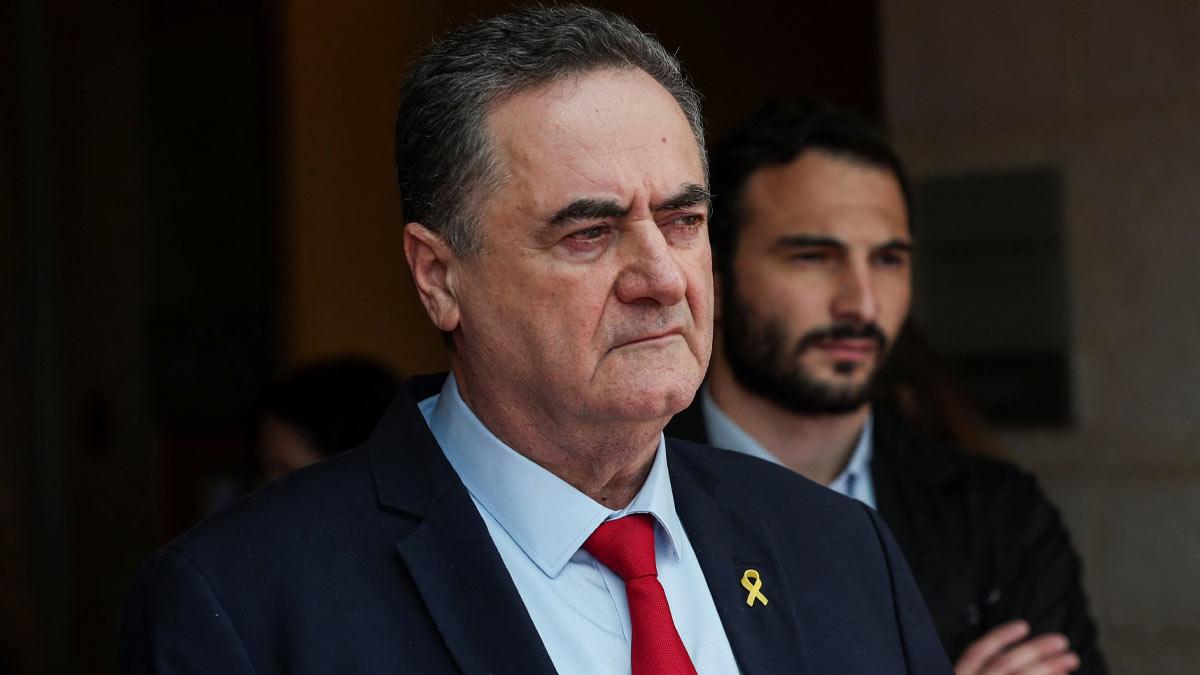Iran's envoy to the United Nations (UN) has cautioned that if Europe "misuses" the snapback mechanism, it will face the country's "decisive and proportionate" response, according to IRNA on Wednesday.
Amir Saeid Iravani, Iran's permanent representative to the UN, made the remarks at a UN Security Council meeting Tuesday on the implementation of Resolution 2231, which endorses a 2015 nuclear deal between Tehran and world powers.
The snapback mechanism is a provision in the nuclear deal known as the Joint Comprehensive Plan of Action (JCPOA), by which, if Iran breaches the terms of the agreement, other parties to the deal are allowed to reinstate all international sanctions against Iran.
Iravani stated Iran "categorically" rejected any threat from the E3 group, comprised of France, Germany and Britain, of the snapback mechanism, and he said that the mechanism is not a "tool in the hands" of the West to threaten Iran, Xinhua news agency reported.
In the face of what he termed "baseless" accusations from E3 and the United States, Iravani insisted that Iran would remain committed to cooperating with the International Atomic Energy Agency in line with its obligations. He further emphasized that Tehran was still committed to pursuing diplomacy and dialogue to address outstanding issues.
Iravani criticized the adoption of an anti-Iran resolution at the recent IAEA Board of Governors meeting, particularly following a "successful" visit by IAEA Director General Rafael Grossi to Tehran in November. He said that the resolution, driven by political motives, undermined efforts to build trust and foster constructive diplomatic engagement.
Iran signed the JCPOA in 2015, agreeing to limit its nuclear activities as a way of getting out of sanctions. However, the United States withdrew from the deal in 2018 and reimposed the sanctions, which led Iran to scale back its commitments. Revival efforts started in 2021 have not yet borne fruit.
Read also| Britain Expands Military Support to Ukraine with New Aid Package: Official


















